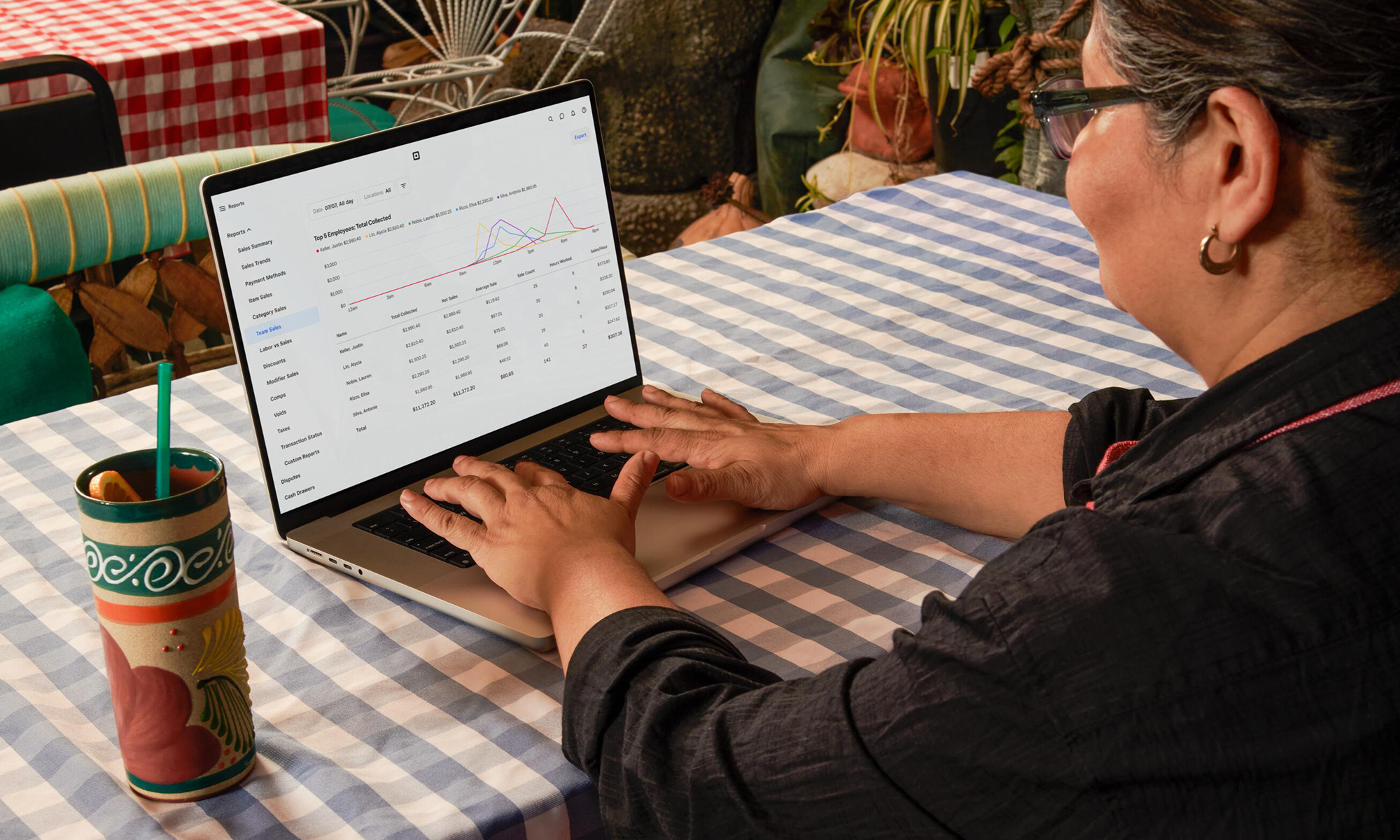Square (SQ 2.86%) and Amazon (AMZN 1.02%) have more in common that one might think. To be sure, Amazon has grown into one of the largest companies in the world. Square, on the other hand, is only a few years removed from start-up status.
However, like Amazon, it continues to build on an extensive ecosystem. As it unites several sectors of finance that had operated separately, it appears poised to offer the level of convenience in the finance industry comparable to what Amazon brings to retailing.
Square's place in fintech
One thing both Square and Amazon have in common is the difficulty in classifying the companies. Amazon has expanded far beyond retailing, and many debate whether to consider it a tech or a retail stock. This differs from Square, as every part of the company involves financial transactions on some level. Nonetheless, one could debate whether Square is a financial stock or a tech stock.
Also, much like Amazon did not invent retailing, Square is far from the first fintech company. PayPal pioneered the fintech industry in many respects by making online transactions possible, and it boasts a customer base that stretches across the planet. Square merely capitalized on a niche within fintech and currently serves only a small number of countries.

Image source: Getty Images.
However, what Square lacks in reach, it makes up for in depth. Square has ventured far from its origin as a facilitator of smartphone credit card transactions. Square Register, Square Payroll, the Cash App, Square Capital, and other offerings touch on many levels of both personal and business finance.
Moreover, the move to expand that ecosystem experienced another milestone recently. After working for years to clear regulatory hurdles, Square received FDIC approval in March to open a bank. With that addition, Square can handle most of the financial management needs of both individuals and businesses.
The power of the Square ecosystem
Before Square, each type of finance-related service happened at separate companies. People or enterprises might have to visit a Citigroup for banking needs, an ADP for payroll processing, or a company like NCR for cash registers. Once Square opens a bank, it will unite these functions within one ecosystem.
As some investors might recall, demand for Garmin's GPS systems dropped dramatically after Apple's iOS turned GPS capability from a separate system into a mere phone app. One has to wonder if the ADPs or even the Citigroups of the world will find themselves marginalized in the same manner by Square.
Square has also shown it can succeed against the largest companies. Amazon attempted to enter the payments processing business in 2014. Despite lower transaction fees, Amazon's product failed to attract enough interest. One year later, Amazon backed off this strategy and sent Square card readers to its business customers. Square co-founder Jim McKelvey credits what he calls the "innovation stack" for this success over Amazon. McKelvey defines this as "stacking" one innovation on top of another until one has built a unique profit offering.
Now, with banking added to Square's ecosystem, the company's innovation stack appears more powerful than ever. Admittedly, with coronavirus reducing economic activity, profits will probably fall in 2020. Despite this hiccup, analysts forecast that earnings growth will average 33.1% per year over the next five years.
How much dominance will Square achieve?
The question now is to what degree Square will influence the money industry? It will probably not dominate in a monopoly sense. The Department of Justice would likely block such an attempt. Moreover, despite the perception that Amazon dominates retail, customers have always had the option to shop elsewhere. Likewise, consumers will have the freedom to manage their finances without using Square's products and services.
Nonetheless, Square can now offer ease of use comparable to what Amazon's customers enjoy on the retail side. Even if some customers do not want to entrust their entire financial lives to Square, many will probably find the convenience too difficult to ignore. This will mean companies that previously prospered by offering one financial function, such as banking or payroll, will have to squeeze their margins to attract business.
Furthermore, buyers can benefit as Square expands to other countries. For now, it offers its services only in the U.S., U.K., Canada, Australia, and Japan. This means it currently operates in about 200 fewer countries than PayPal. Over time, the company will likely expand into the eurozone, as well as numerous emerging markets.
This leaves the company with tremendous potential for revenue and profit growth. Despite 11 years of existence and a market cap of almost $26 billion, Square's move to upend the financial services industry may have only just begun.







